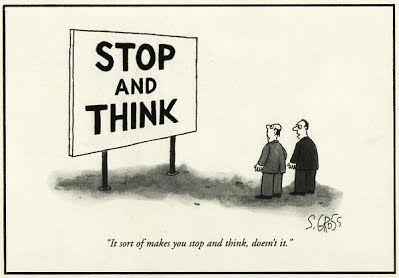 |
| Analytic Philosophy |
Since its beginnings in ancient Greece, one of the motivations driving Western philosophy has been the conviction that concepts such as "knowledge," "mind," "justice," and "beauty" are obscure and that it is the business of philosophers to achieve a clearer understanding of their meanings.
Analytic philosophy seeks this elevated understanding through a clarification of "ordinary," that is, nonphilosophical, language that is believed by most analytic philosophers to be vague and obscure, at least in regard to concepts of interest to philosophers.
In the early decades of the 20th century, the founders of the analytic tradition, Bertrand Russell and Ludwig Wittgenstein, sought to use newly developed techniques in symbolic logic to produce ideally simple "atomic statements," the meanings of whose component terms were absolutely clear.

In this view science represents the standard of what is to count as knowledge, and, positivists claimed, science itself ultimately rests on statements of the sort sought by Russell and Wittgenstein, namely, simple statements the truth or falsehood of which can be verified, in principle, by direct sensory experience.
Utterances that cannot be analyzed and verified in this way, for example, those containing religious or ethical terms, were dismissed by logical positivists as meaningless, or at the very least as outside the boundaries of possible knowledge.
Though Russell never lost faith in some form of "logical analysis" as the proper approach to the solution of philosophical problems, over time most philosophers in the analytic tradition, including the logical positivists, came to doubt the feasibility of arriving at absolutely clear and simple statements whose truth could be conclusively verified by basic sensory experiences.
Wittgenstein also began to question his own "picture theory" of language. Later in his life he authored a radical critique not only of his and Russell's earlier work, but of virtually all of previous philosophy and in the process inspired a second movement within the analytic tradition, one that came to be known as ordinary language philosophy.

With regard to our familiar concepts, Wittgenstein claimed that "nothing is hidden." A concept's meaning, he said, is fully visible in the ways in which it is used in ordinary language.
If we remind ourselves of how words such as knowledge, mind, and the rest are used in the push and pull of life, he argued, we can see all there is to see about what they mean. The outcome of this realization should then be that philosophers' traditional problems are not solved, but dissolved, that is, shown not to have been genuine problems in the first place.
In spite of the widespread influence in the mid-20th century of this critique of the need for philosophical analysis, philosophers' faith in the legitimacy and profound urgency of their ancient puzzles reasserted itself, and it has for the most part prevailed, at least for the foreseeable future.
The vast majority of analytic philosophers are today fully engaged in attempts to "shed light" on concepts of traditional philosophical interest, though without resorting to the kind of rigorous, but discredited, logical analysis envisioned by Russell and Wittgenstein in the early decades of the 20th century.